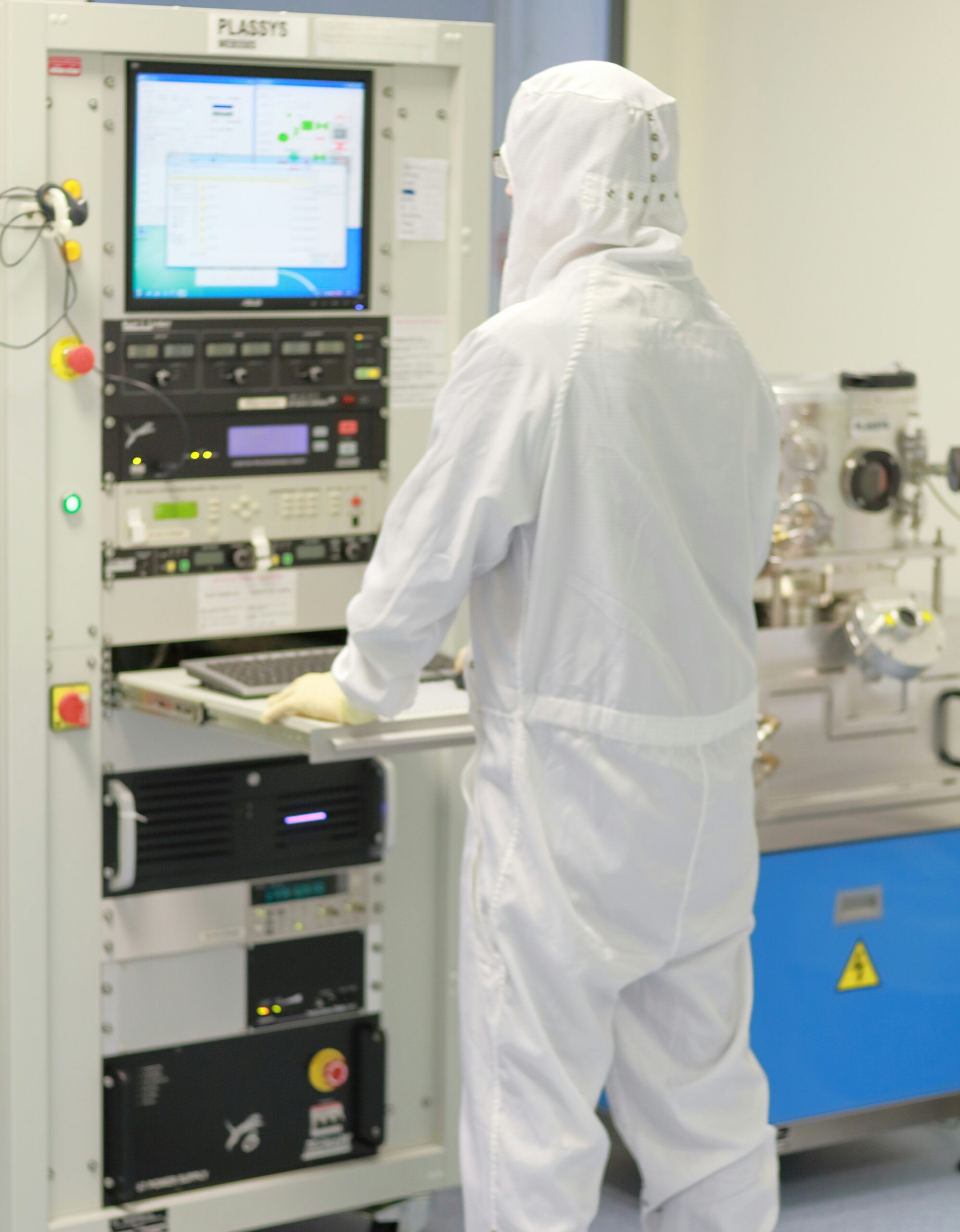The Definition of Nanotechnology
Nanotechnology refers to the manipulation of matter on an atomic, molecular, and supramolecular scale. This field of science focuses on structures smaller than 100 nanometers, which enables scientists and engineers to create materials with unique properties. The advancements in nanotechnology have paved the way for innovations that enhance performance, efficiency, and effectiveness in numerous industries.
Applications of Nanotechnology in Medicine
One of the most promising applications of nanotechnology is in the medical field. Nanoparticles are being used to improve drug delivery systems, allowing for targeted treatments that minimize side effects. By encapsulating drugs in nanoscale carriers, healthcare providers can enhance the therapeutic benefits while reducing the dosage needed. This targeted approach can lead to significant improvements in patient outcomes.
Nanotechnology in Environmental Protection
In addition to medicine, nanotechnology also plays a crucial role in environmental sciences. It is used to develop more efficient catalysts for pollution control and to create advanced filtration systems that remove contaminants from water and air. The ability of nanomaterials to interact with hazardous substances at a molecular level makes them invaluable in efforts to protect our environment.
Moreover, industries such as electronics, energy, and construction are similarly benefiting from nanotechnology. From enhancing battery efficiency to creating stronger building materials, the integration of nanotechnology is revolutionizing traditional processes. As research continues and applications expand, the advantages of nanotechnology across various sectors remain profound and transformative.

